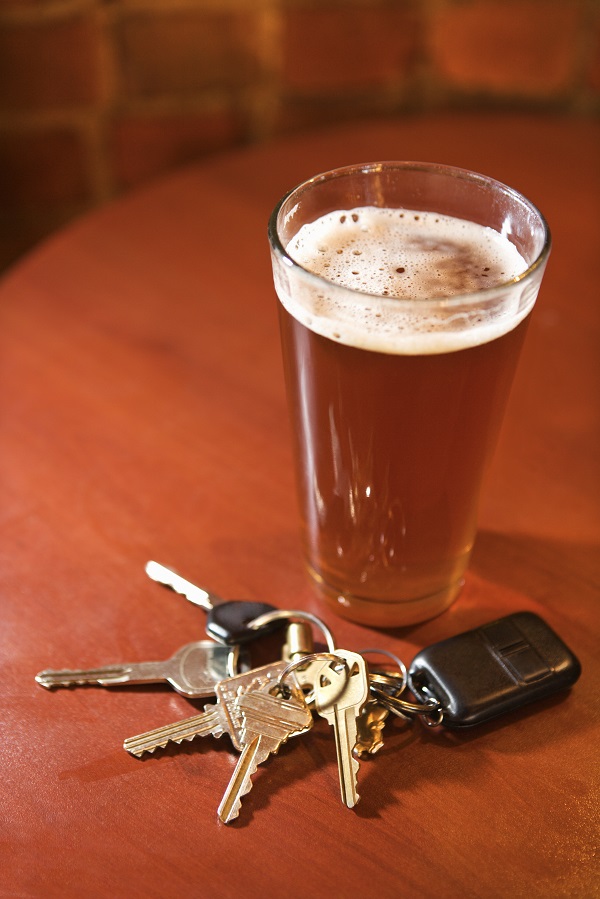Double Jeopardy and Drunk Driving Offenses

The Double Jeopardy clause in the Fifth Amendment to the United States Constitution prevents defendants from being tried twice for the same crime on the same facts after a conviction or acquittal. The Supreme Court has never addressed whether charging DUI defendants with multiple criminal and civil offenses for the same incident violates the Double Jeopardy clause of the Constitution. Multiple Supreme Court decisions regarding other crimes indicate that making this argument has at least some merit.
In Benton v. Maryland, 395 U.S. 784 (1969), a defendant was tried for burglary and larceny. After he was convicted of burglary but acquitted of larceny, he successfully appealed, then was charged again with both burglary and larceny. The Supreme Court found that the Double Jeopardy clause in the Constitution applies to state offenses through the Fourteenth Amendment. As a result, charging the defendant twice for the same crimes violated the defendant’s right not to be prosecuted for the same crimes twice.
DUI cases raise the question of Double Jeopardy clause violations often. For example, many states have laws against driving while intoxicated in addition to laws against driving with a 0.08% or more blood alcohol concentration. If a defendant is charged with both crimes for a single incident, does this violate the Double Jeopardy clause? The Supreme Court has not yet answered.
In Department of Revenue of Mont. v. Kurth Ranch, 511 U.S. 767 (1994), the defendant was charged criminally for selling marijuana then charged civilly for failure to pay a tax on the marijuana. The Supreme Court found that these charges violate the Double Jeopardy clause because both were intended to punish the defendant and both involved the same offense.
Similarly, in United States v. Halper, 490 U.S. 435 (1989), the defendant was charged criminally for submitting false medical reimbursement claims and then charged in civil court for the same submissions. In civil court, the government sought payment of penalties for each of the claims. The Supreme Court found that requiring payment of civil penalties would essentially punish for the same crime twice.
In DUI cases, the state often suspends a defendant’s driver’s license in a civil or administrative proceeding and then prosecutes him or her criminally for driving with a blood alcohol concentration over 0.08%. Defendants have argued that two different punishments – license revocation and criminal penalties – in two different proceedings violate their rights. Do civil and criminal proceedings for the same DUI violate the Double Jeopardy clause? The Supreme Court has not yet answered.
To learn more about double jeopardy in DUI cases, seek out the DUI attorney who follows key changes in Oklahoma law to find the best defenses for his clients. Clint Patterson, Esq., of Patterson Law Firm, a former Tulsa prosecutor now using his trial experience and expert-level knowledge of DUI science to defend drivers, has the experience and the insight to evaluate the strengths and weaknesses of your case. To schedule a case evaluation, visit Patterson Law Firm online or call Clint’s office at (918) 550-9175.

